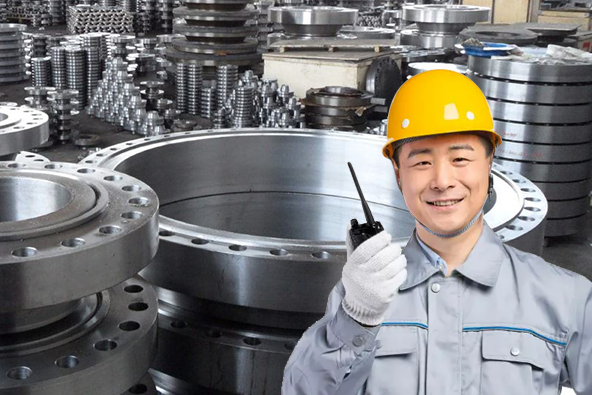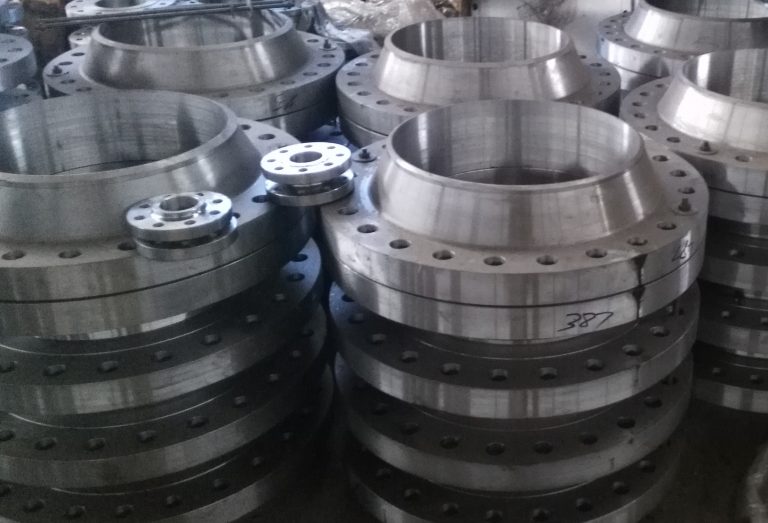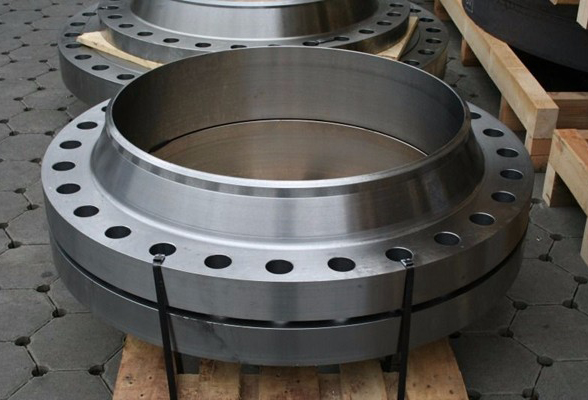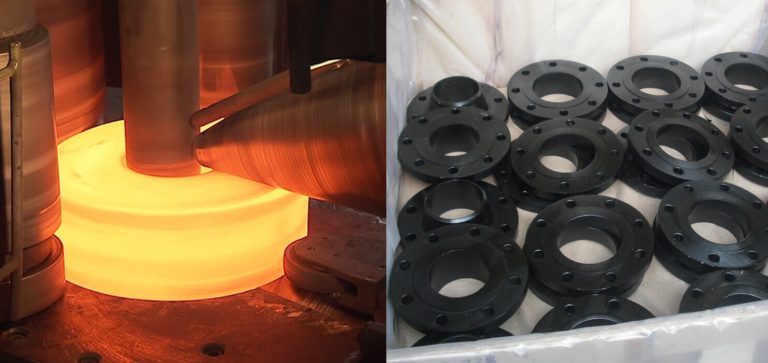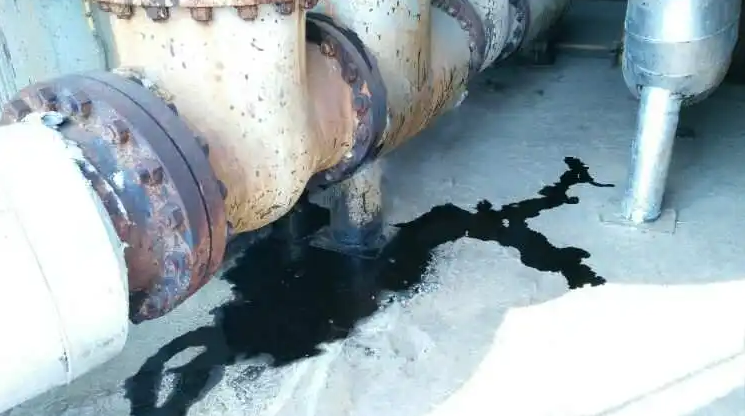When dealing with corrosive fluids in pipelines, the selection of flanges needs to consider various factors, including the working pressure, fluid properties and concentration, temperature range, and other specific requirements. Here’s a more detailed guide on how to choose the appropriate flange based on these factors:
1. Working Pressure:
- Low-Pressure Pipelines (Below 150 psi): For low-pressure pipelines, stainless steel flanges, especially 316 stainless steel, are often sufficient for mildly corrosive fluids.
- Medium-Pressure Pipelines (150 psi – 600 psi): For medium-pressure applications, stainless steel or alloy steel flanges are common choices. The specific selection depends on fluid properties.
- High-Pressure Pipelines (600 psi and above): In high-pressure environments, alloy steel or nickel alloy flanges are typically better choices due to their higher strength and corrosion resistance.
2. Fluid Properties and Concentration:
- Acidic or Alkaline Fluids: For acidic or alkaline fluids, stainless steel flanges (such as 316 stainless steel) are common choices. Nickel alloy flanges can also be used for strong acids and alkaline environments.
- Saltwater: For saltwater, alloy steel flanges are usually applicable, especially for highly saline waters.
- Organic Solvents: For organic solvents, plastic flanges can be a suitable choice, especially with specific plastic materials like polypropylene (PP) or polytetrafluoroethylene (PTFE).
- Highly Concentrated Corrosive Liquids: When dealing with highly concentrated corrosive liquids, nickel alloy or ceramic flanges might be the preferred option.
3. Temperature Range:
- High Temperatures: For high-temperature conditions, nickel alloy or alloy steel flanges are often necessary as they can withstand corrosion at elevated temperatures.
- Low Temperatures: In low-temperature conditions, material selection for flanges should consider the issue of cold brittleness. Some alloy steel and stainless steel materials perform well in corrosive environments at low temperatures.
4. Pressure and Temperature Fluctuations: If the pipeline regularly experiences pressure and temperature fluctuations, materials with good thermal expansion and thermal stress resistance should be chosen.
5. Professional Advice: For complex corrosive environments or uncertain situations, it’s advisable to consult professional engineers or material experts to get specialized guidance. They can provide the best flange selection recommendations based on the specific circumstances.
By considering all these factors in combination, you can select the most suitable flanges and materials for corrosive pipelines, ensuring the safety, performance, and corrosion resistance of the pipeline system. Each pipeline application is unique, so making informed choices based on specific conditions is essential.
Lewis Liu
Hello, I am Lewis Liu, a professional sales engineer with over ten years of experience in the flange fittings industry. I am highly knowledgeable in flange selection, installation, and maintenance. I am passionate about providing customers with the best solutions to ensure their pipeline systems run smoothly, safely, and reliably.
If you have any questions or concerns regarding flange fittings for your pipelines, whether it’s about selection, material choice, specification requirements, or any other aspect, please feel free to contact me at any time. I am committed to offering professional advice and assistance to help you make informed decisions and meet your needs.
